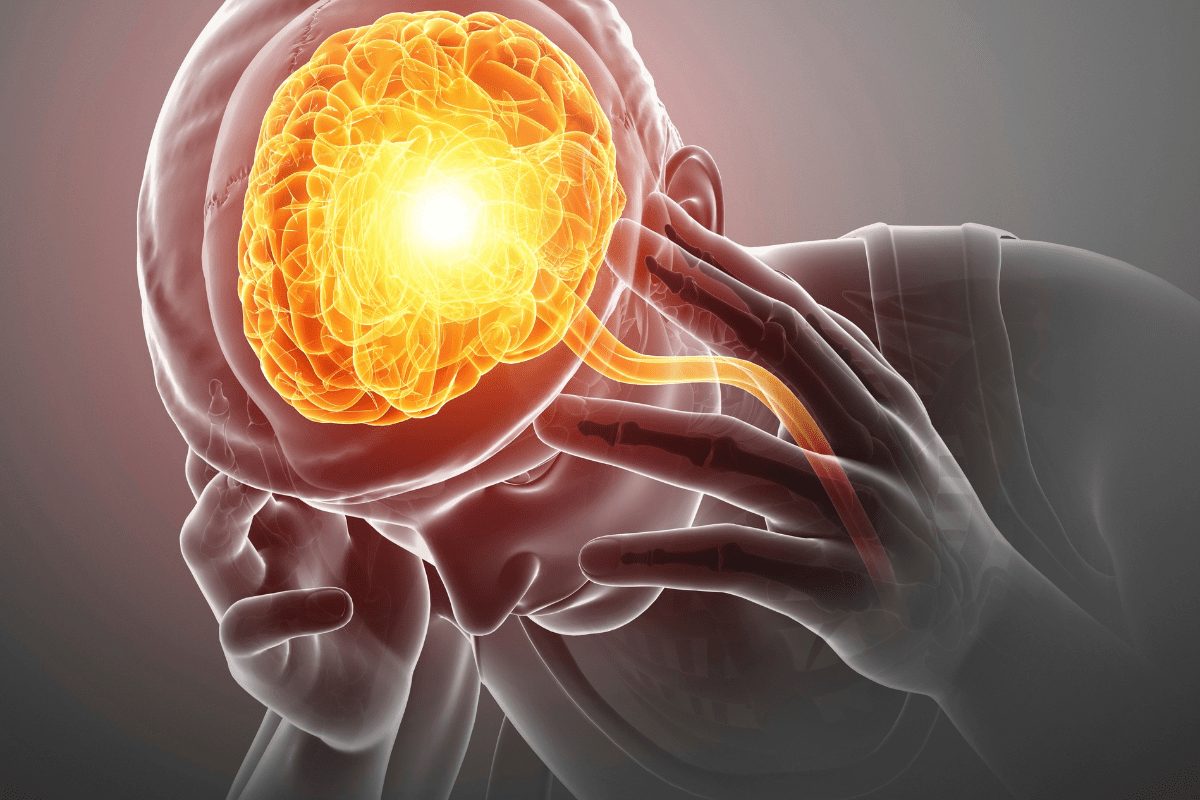The Start of This Rabbit Hole
Honestly, this question bugged me for days after seeing it pop up in a forum. “What’s the absolute toughest mental illness to live with?” Not just “difficult,” but the hardest. Felt like opening Pandora’s box, but my brain wouldn’t let it go. So, yesterday morning, coffee in hand, I dove in. Figured I’d just do a quick Google search, maybe read a couple articles. Boy, was I naive.
Started simple. Typed variations of the question, scanning different health sites and psychology blogs. Immediately hit the first wall: Everyone had a different answer. Some swore Borderline Personality Disorder (BPD) was the worst, talking about intense emotional swings and unstable relationships. Others pointed the finger at Schizophrenia, describing the terrifying reality of losing touch with consensus reality. Depression, especially treatment-resistant kind, kept coming up – the sheer, suffocating weight of it all. Then Anorexia, OCD, PTSD… the list felt endless. Felt frustrating, like comparing apples to oranges, or maybe broken bones to internal bleeding. How do you measure suffering? This was way messier than I thought.
Hitting Brick Walls and Finding Humanity
Got stuck here for hours. Felt like I was trying to nail jelly to a wall. Reading dry symptom lists wasn’t cutting it. Needed the human angle. Shifted tactics. Started digging into personal accounts, forums where people actually lived with these conditions, not just studied them. Spent the afternoon glued to the screen, scrolling through raw, unfiltered stories.
Here’s the thing that slammed into me:

- Someone with severe OCD described rituals taking 8 hours a day, exhausting beyond belief.
- A person living with Schizophrenia shared the constant fear of trusting their own senses, the isolation.
- Posts from people with BPD painted a picture of feeling emotions at 1000% intensity, like raw nerve endings constantly exposed.
- Stories of profound, unrelenting Depression echoed the feeling of being trapped in thick tar, unable to move or care.
- Accounts of Agoraphobia showed a prison built of fear, sometimes within one’s own home.
Felt heavy. Really heavy. Then I remembered Mrs. Davies, my old neighbor. Sweet lady, always looked exhausted. Saw her struggling for years – rituals around cleaning, intense fear of “contamination,” hands raw from washing. Took ages before she found a therapy approach that clicked. Her battle with severe OCD wasn’t just a list of symptoms; it was her life being hijacked minute-by-minute. Made it real.
The Ugly Turn and What Actually Stuck
By early evening, I felt overwhelmed. Real talk? I kinda crashed. All that suffering soaking in left me drained and weirdly guilty for even asking the question. Ended up curled on the couch, staring at the ceiling, feeling totally useless. What was the point of this? Just to rank pain? That felt wrong, almost cruel.
Took a break. Made dinner, tried to clear my head. Later, flipping through my notes (lots of scribbles and question marks), the messy truth clicked. It wasn’t about finding the “winner” of some misery contest. Every story I’d read, every condition described, shared a brutal common ground:
The core of the “hardest” part? How it steals your life.
- The sheer chronic exhaustion of fighting your own mind every single day.
- The crushing isolation and feeling misunderstood, even by loved ones.
- The constant battle for basic function – work, relationships, just getting out of bed.
- The frustrating, sometimes years-long, hunt for treatments that actually work without unbearable side effects.
- The pervasive stigma that adds shame to the existing burden.
Realized the “hardest” illness is intensely personal. It depends on the severity, the support available (or lack thereof), access to care, physical health, personality, sheer luck… For the person trapped inside it, in that moment, their illness is the hardest. Comparing objectively misses the point entirely. The real takeaway wasn’t an answer, but a massive dose of empathy. Made me think less about “which one is worst” and way more about the incredible resilience people show just getting through each day with these conditions. Humbled the hell out of me.

